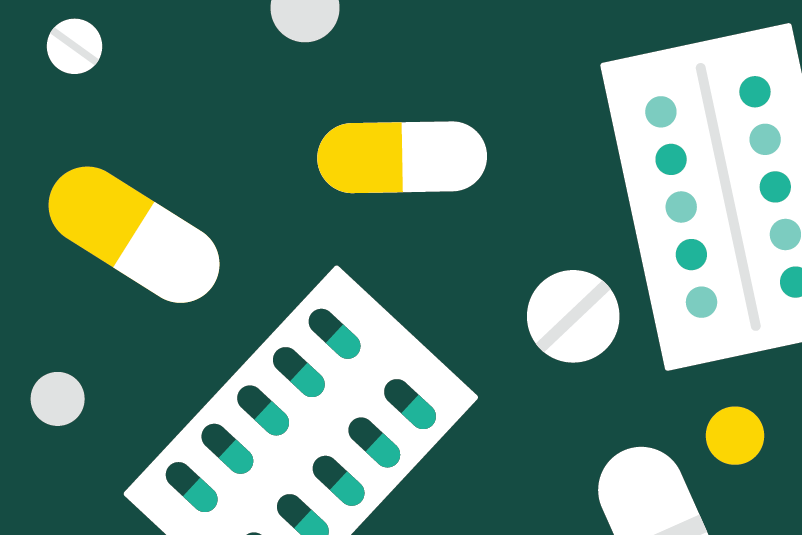#302 Still awake? Trazodone for insomnia

Reading Tools for Practice Article can earn you MainPro+ Credits
Join NowAlready a CFPCLearn Member? Log in
- Results statistically different unless specified.
- Efficacy:
- Trazodone versus placebo: most recent systematic review, 7 randomized, placebo-controlled trials (RCTs) of trazodone (ages 18-75, 16-306 participants, dose 50-200mg for 1-12 weeks).¹
- Time to fall asleep: No difference.
- Number of awakenings: 0.31 fewer.
- Sleep quality: Standard mean difference=0.34 at 7 days to 6 months over placebo (clinical meaning unclear) (3 RCTs). No difference at 6 months (1 RCT).
- Other outcomes inconsistent. Examples:
- Total sleep time: no difference in 2 RCTs, improved at 6 weeks in 1 RCT.
- Daytime functioning: no difference or improved depending on RCT.
- Trazodone versus zolpidem: 1 RCT (181 patients) showed no difference in any outcome at 2 weeks but did not use all randomized patients.¹
- Another systematic review with 7 RCTs (including 3 in patients with depression) had similar findings.²
- Trazodone versus placebo: most recent systematic review, 7 randomized, placebo-controlled trials (RCTs) of trazodone (ages 18-75, 16-306 participants, dose 50-200mg for 1-12 weeks).¹
- Safety (all retrospective observational studies):
- Falls:
- Increased risk compared to no antidepressant (2 studies):
- Trazodone 244 falls versus no antidepressant 131 falls per 100 person-years, borderline statistical significance [adjusted rate ratio=1.2 (1.0 to 1.4)].³
- Trazodone falls 5.3% versus 3.5% no antidepressant.4
- No difference compared to antipsychotics (1 study).5
- No difference in fall-related emergency or hospital admissions at 90 days versus benzodiazepines (1 study).6
- Increased risk compared to no antidepressant (2 studies):
- Mortality increased compared to no antidepressant (12% versus 7%).4
- Falls:
- All antidepressant classes have been associated with falls/fractures, with similar fall risk to benzodiazepines and z-drugs.7,8
- Guidelines recommend against trazodone for insomnia.9,10
- Sleep restriction therapy can be an effective treatment for insomnia in primary care.11







Informative
I will not prescribe trazadone for insomnia
No Trazadone for insomnia